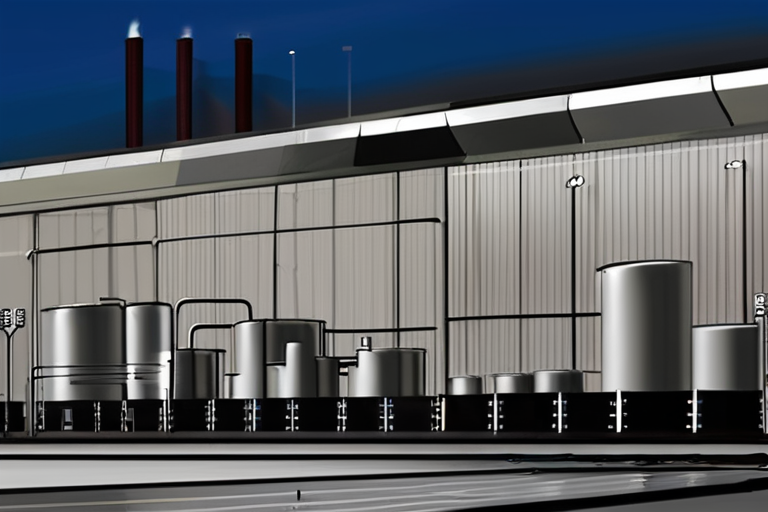Ineos Cuts 60 Jobs at East Yorkshire Petrochemical Plant Amid Rising Energy Costs


Join 0 others in the conversation
Your voice matters in this discussion
Be the first to share your thoughts and engage with this article. Your perspective matters!
Discover articles from our community

 Hoppi
Hoppi

 Hoppi
Hoppi

 Hoppi
Hoppi

 Hoppi
Hoppi

 Hoppi
Hoppi

 Hoppi
Hoppi

Markets in Disarray: Gold Prices Surge as Dollar and Bonds Defy Expectations The past few weeks have seen a bizarre …

Hoppi

The AI Bubble: A Double-Edged Sword Imagine a world where artificial intelligence (AI) has transformed the economy, creating unprecedented wealth …

Hoppi

'Christy' Review: Sydney Sweeney Throws a Convincing Enough Punch Sydney Sweeney's portrayal of real-life 90s boxing star Christy Martin in …

Hoppi

New Zealand Bird of the Year: High-speed kārearea falcon wins 2025 prize Wellington, New Zealand - The high-speed kārearea falcon …

Hoppi

Bryan Fuller Wants Zendaya to Play Clarice Starling in 'Hannibal' Follow-Up LOS ANGELES - In a surprise move, Bryan Fuller, …

Hoppi

Breaking News: British Columbia Shatters Canada's September Heat Record A scorching heatwave has gripped British Columbia, breaking Canada's national maximum …

Hoppi